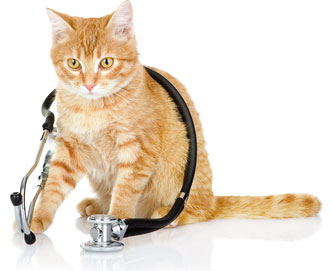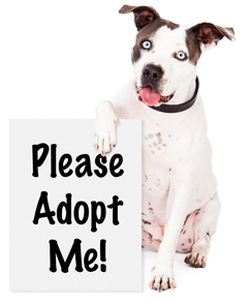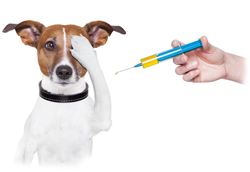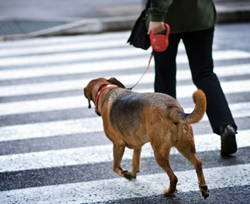 Eating fecal matter is not only unacceptable in human society, but is also a common behavior seen by dog owners. It’s unappealing and flat out gross according to the pet parents who bear witness to their pooches’ shocking habit, but there is hope for you if your dog is eating poop. First, understanding the reasons behind coprophagia, the act of eating fecal matter, will help you better understand how to stop and prevent it today.
Eating fecal matter is not only unacceptable in human society, but is also a common behavior seen by dog owners. It’s unappealing and flat out gross according to the pet parents who bear witness to their pooches’ shocking habit, but there is hope for you if your dog is eating poop. First, understanding the reasons behind coprophagia, the act of eating fecal matter, will help you better understand how to stop and prevent it today.
Why Does My Dog Eat Poop?
There may be many reasons why dogs eat it, but there is no way around it, it’s gross. To the dog, however, he may be fulfilling an instinctual need. In the wild, wolves, coyotes, foxes and other canis are hunters and scavengers. When they hunt, they eat all of the animal. This includes the gut, and whatever the animal ate and processed. Yes, even the poop. As scavengers, they also eat anything they can find that had any nutrients and could sustain them. This includes the fecal matter of other animals and even their own.









